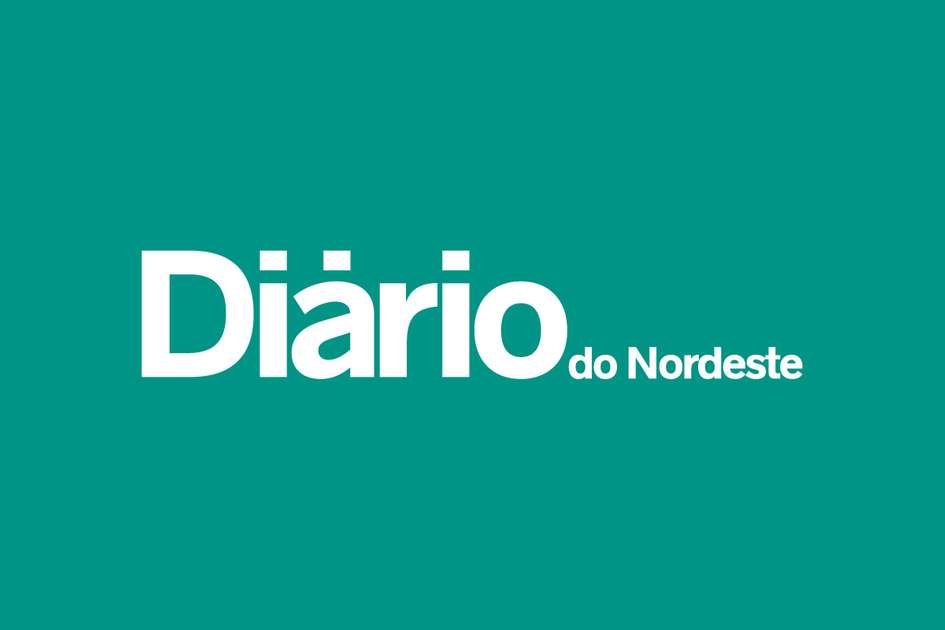Breast cancer is a public health problem. In 2021, it ranked as the most common type of cancer in the world, according to the World Health Organization. Data from INCA indicate that it is the tumor in Brazil that kills the most women, with 35% of Brazilian patients discovering the disease is in an advanced stage or metastases. The coronavirus epidemic has also been jeopardized, as have other regions, but in tracking the disease in the country, the data shows that there was a 45% decrease in mammograms in 2020 and 50% in 2021.
Today, cancer treatment in the country faces a series of difficulties that should stretch over the next few years: late diagnosis of new cases, longer lines for procedures such as radiotherapy and poor prognosis for those facing cancer. During the pandemic, overcrowding in hospitals has delayed patients or stopped treatment for illness.
Breast cancer is probably the most feared disease in women, due to its morbidity and mortality, its high frequency and psychological effects, affecting sexual perception and personal image. During International Breast Cancer Awareness Month – Pink October, AMC – Associação Médica Cearense will participate in supporting the Pink October campaign and the fight against breast cancer; Educational lectures will be held in some institutions. The focus will be on the challenges in treating early-stage and advanced/metastatic breast cancer, which accounted for 40% of cases prior to the Covid-19 pandemic.
Information and prevention are the greatest allies against disease. There are concerns that due to delays in cancer diagnoses during the COVID-19 pandemic, the number of cases in advanced stages will increase, mainly due to delays in starting treatment for new patients. The public health system needs to be prepared to meet the increased demand that will come. Since the beginning of 2020, the medical and cancer communities have been very resilient and adaptive to the ever-changing situation, as well as to every community, needs and reality. The caveat is that cases are already arriving in clinics at a much more advanced stage than before, not only in breast cancer, but also in other types of the disease.
Aurelo Rocha, oncologist and President of the Cearense Medical Association
*This text reflects the author’s opinion exclusively.

“Wannabe internet buff. Future teen idol. Hardcore zombie guru. Gamer. Avid creator. Entrepreneur. Bacon ninja.”

